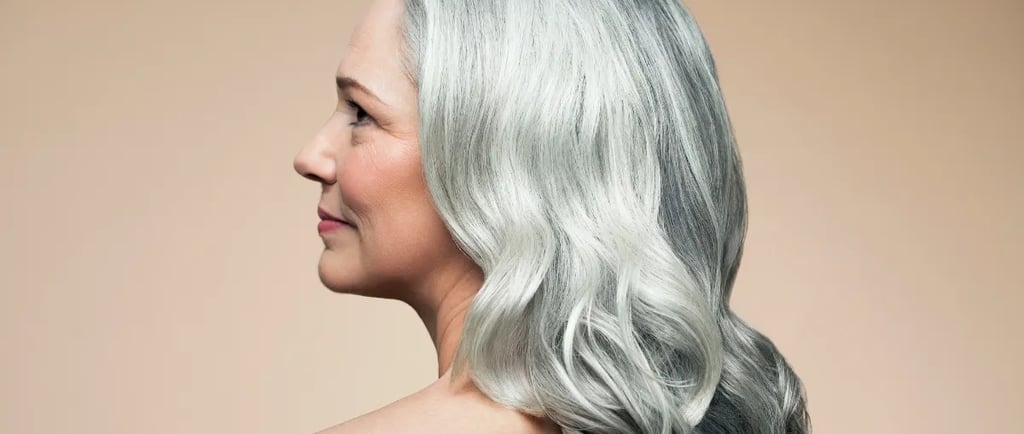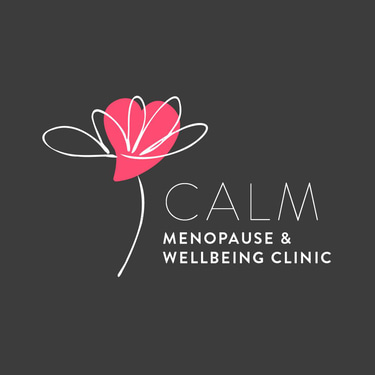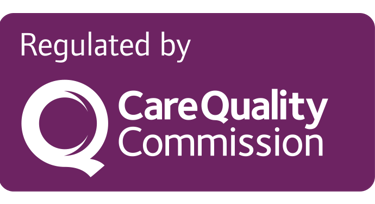Understanding Dry Skin and Brittle Hair During Perimenopause and Menopause
8/4/20252 min read


Understanding Hormonal Changes
As women go through the phases known as perimenopause and menopause, they frequently encounter various physical transformations. Among these changes, common issues include dry skin and brittle, thinning hair. This situation mainly arises due to hormonal shifts, specifically the reduction in oestrogen levels, which is essential for keeping skin and hair healthy.
The Importance of Oestrogen for Skin and Hair
Oestrogen is a crucial hormone that governs many bodily operations, including ensuring proper skin hydration and elasticity. When oestrogen levels decline during perimenopause and menopause, it may lead to lower collagen production and reduced skin hydration. Consequently, the skin can become dry, lose its youthful fullness, and develop wrinkles. Some women may also observe adult acne due to an increase in androgens. Furthermore, hair follicles can become weaker due to these hormonal changes, leading to hair that is brittle, fine, and susceptible to breakage, particularly in areas around the crown and temples. Some women might experience increased facial hair, especially around the chin.
Strategies and Solutions
To combat dry skin and brittle hair during this natural transition, various strategies can be implemented. Firstly, it is important to keep the body well-hydrated. Consuming plenty of water and using moisturising products specifically designed for mature skin that contain hydrating ingredients such as hyaluronic acid or ceramides can help restore moisture balance. Additionally, maintaining a diet rich in nutrients, including omega-3 fatty acids, vitamins A, C, and E, along with biotin and collagen, can nourish the skin and hair from within.
Moreover, utilising hair care products aimed at boosting hydration can be advantageous. Use shampoos and conditioners that provide moisture while avoiding harsh chemicals or excessive heat styling, which can worsen brittleness. Regular scalp massages can also help enhance circulation and encourage healthier hair growth.
Collagen is a vital protein in the body that steadily declines during this period. It plays a crucial role in maintaining healthy hair and skin. Collagen provides structure, elasticity, and strength to these tissues, contributing to a youthful and radiant appearance. Supplementing with collagen can be a beneficial way to support both skin and hair health.
Additionally, conferring with a healthcare provider can assist women in crafting a personalized strategy to manage these changes, which may include hormone replacement therapy (HRT) to alleviate symptoms related to skin and hair health.
In summary, while navigating through perimenopause and menopause can result in dry skin and brittle, thin hair, identifying the impact of hormonal changes empowers women to tackle these concerns effectively. Emphasising hydration, employing suitable skincare, collagen, and hair care products, and obtaining professional advice can greatly enhance the quality of life during this transformative stage.
Contact:
website: calmmenopause.co.uk
Telephone: 07511039004
© 2024. All rights reserved.
email: vikki@calmmenopause.co.uk


